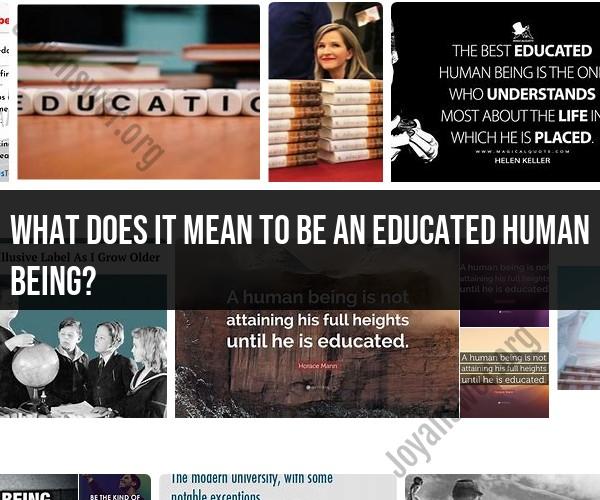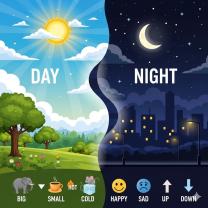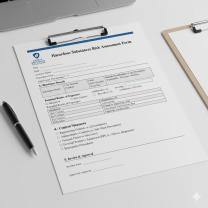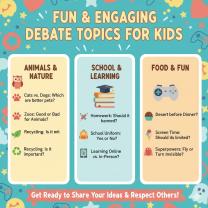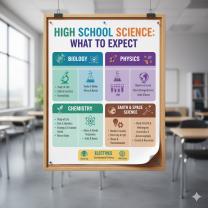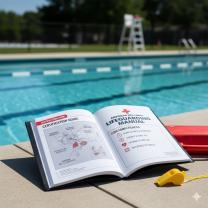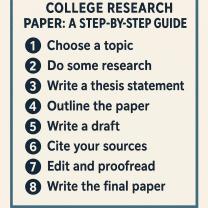What does it mean to be an educated human being?
Defining what it means to be an educated human being is a complex and evolving concept that has been the subject of philosophical, educational, and societal discussions for centuries. The definition can vary depending on cultural, historical, and individual perspectives. However, a holistic perspective on an educated human being typically encompasses the following aspects:
Academic Knowledge: An educated human being possesses a foundation of academic knowledge and skills. This includes literacy, numeracy, critical thinking, and problem-solving abilities. Education often covers a broad range of subjects, including mathematics, science, history, literature, and the arts.
Continuous Learning: Education is not a finite process but a lifelong journey. An educated individual is committed to continuous learning and personal growth. They seek opportunities for self-improvement and stay open to new ideas and perspectives.
Critical Thinking: Education fosters critical thinking, enabling individuals to analyze information, assess its credibility, and make informed decisions. Educated individuals can evaluate complex issues and engage in reasoned discourse.
Ethical and Moral Development: Being educated extends beyond academic knowledge to include ethical and moral development. Educated individuals often have a strong sense of ethics, empathy, and a commitment to social justice. They strive to make ethical choices and contribute positively to society.
Cultural Awareness: Education encourages an appreciation for cultural diversity and a recognition of the interconnectedness of the world. Educated individuals are often culturally sensitive, open to different worldviews, and capable of bridging cultural gaps.
Effective Communication: Being educated involves the ability to communicate effectively, both verbally and in writing. This includes active listening, clear expression of ideas, and the capacity to engage in meaningful dialogues with others.
Problem Solving: Education equips individuals with problem-solving skills. An educated human being can identify challenges, develop solutions, and adapt to changing circumstances. This ability is valuable in personal, professional, and societal contexts.
Emotional Intelligence: Educated individuals often possess emotional intelligence, which includes self-awareness, empathy, and effective interpersonal skills. They can navigate social relationships with sensitivity and understanding.
Civic Engagement: Being educated goes beyond the individual to encompass civic responsibility. Educated individuals are often engaged citizens who participate in democratic processes, advocate for social causes, and contribute to the betterment of their communities.
Innovation and Creativity: Education nurtures innovation and creativity. Educated individuals are capable of generating new ideas, solving complex problems, and contributing to advancements in various fields.
Global Perspective: An educated human being often has a global perspective, recognizing the interdependence of nations and the importance of addressing global challenges, such as climate change, poverty, and human rights.
Adaptability: Education equips individuals with the ability to adapt to a changing world. This includes being open to new technologies, embracing lifelong learning, and being resilient in the face of challenges.
It's important to note that the concept of an educated human being is not static and may continue to evolve as societies change and new challenges emerge. Moreover, education is not limited to formal schooling; it can occur through self-directed learning, experiences, and exposure to diverse perspectives. Ultimately, being an educated human being is a multifaceted endeavor that encompasses intellectual, ethical, and social dimensions, contributing to personal fulfillment and the betterment of society.
The Essence of Education: What It Means to Be an Educated Human Being
Education is the process of acquiring knowledge and skills through instruction and experience. It is essential for personal development, career success, and civic engagement.
An educated human being is someone who has a broad knowledge base and is able to think critically and independently. They are also able to communicate effectively, solve problems, and adapt to change.
Education is not just about acquiring knowledge and skills. It is also about developing values and character. An educated human being is someone who is respectful, compassionate, and ethical. They are also someone who is committed to lifelong learning and to making a positive contribution to the world.
The Informed Mind: Characteristics of an Educated Person
Here are some characteristics of an educated person:
- Knowledge: An educated person has a broad knowledge base in a variety of subjects. They are able to learn and understand new information, and they are able to apply their knowledge to real-world problems.
- Critical thinking: An educated person is able to think critically about information and to form their own opinions. They are able to identify and evaluate arguments, and they are able to see both sides of an issue.
- Communication: An educated person is able to communicate effectively, both verbally and in writing. They are able to clearly articulate their thoughts and ideas, and they are able to listen to and understand the perspectives of others.
- Problem-solving: An educated person is able to identify and solve problems. They are able to think creatively and come up with innovative solutions.
- Adaptability: An educated person is able to adapt to change. They are able to learn new things and to adjust their behavior in response to new situations.
Lifelong Learning: The Traits of a Well-Educated Individual
A well-educated individual is someone who is committed to lifelong learning. They understand that the world is constantly changing, and that they need to continue to learn in order to keep up.
Well-educated individuals are curious and open-minded. They are always looking for new things to learn, and they are not afraid to challenge their own beliefs. They are also able to learn from their mistakes and to grow from their experiences.
Here are some traits of a well-educated individual:
- Curiosity: They are always asking questions and seeking new knowledge.
- Open-mindedness: They are open to new ideas and perspectives.
- Humility: They are willing to admit when they don't know something.
- Resilience: They are able to learn from their mistakes and to keep going in the face of challenges.
- Self-motivation: They are driven to learn and to grow on their own.
Education is a lifelong journey. It is not just about acquiring knowledge and skills. It is also about developing values and character. An educated human being is someone who is respectful, compassionate, and ethical. They are also someone who is committed to lifelong learning and to making a positive contribution to the world.
